Foluke Adebisi, a Nigerian lawyer, speaker, and, researcher, is at the helm of driving a Pan-African agenda in Bristol, the largest city in southwest England, and one of the biggest maritime hub in the history of the United Kingdom.
With the Forever Africa Conference and Events (FACE), Adebisi is working with staff and students of the University of Bristol in delivering a goal-oriented, interdisciplinary, intergenerational, and intercontinental vision to dialogue for change in the Pan-African community in the city and across the UK.
Bristol is historically known to be a hub for slave trade and maltreatment of Africans as the leading slaving port in the UK as early as the 18th century. But the academic is changing the city’s narrative by creating a more conducive community for Black and Minority Ethnic (BME) groups in the historic city.
According to Adebisi, the founder and director of FACE, “Pan-Africanism is the belief that African peoples, both on the African continent and in the diaspora, share not merely a common history, but a common destiny”.
Advertisement
The award-winning academic is committed to exploring ways in which African countries and communities can prosper using the Africans for Africa model.
In 2018, she won the Xn Foundation award for “formidable dedication and innovative pursuits for Africa” in recognition of her support for BME students and research work on Africa.
She is bothered by statistics which show that all the poorest countries in the world are Pan-African, save for just three countries, with no Pan-African country among the richest countries in the world.
Advertisement
Data mined in the UK shows that BME groups are at a disadvantage in the academic environment; at 5.7 percent black women achieve the lowest percentage of first class, while 18.3 percent of their white counterparts get the same excellent results.
The research also shows that 42 percent of black students believe their experiences are not reflected in the course content in the UK, while 92.39 percent of professors are white, while only 0.49 percent are black.
For Adebisi, FACE is committed to establishing and strengthening staff and student links within the University of Bristol and the UK in general, while addressing the grim statistics for African students and researchers across the world.
This was an essential driving force for the FACE launch event, which held at Carpenter Room, Richmond Building, at the University of Bristol in June 2018.
Advertisement
The event, which was sponsored by the University of Bristol International Office and Law School, saw a convergence of BME academics and thought leaders from within and outside the UK.
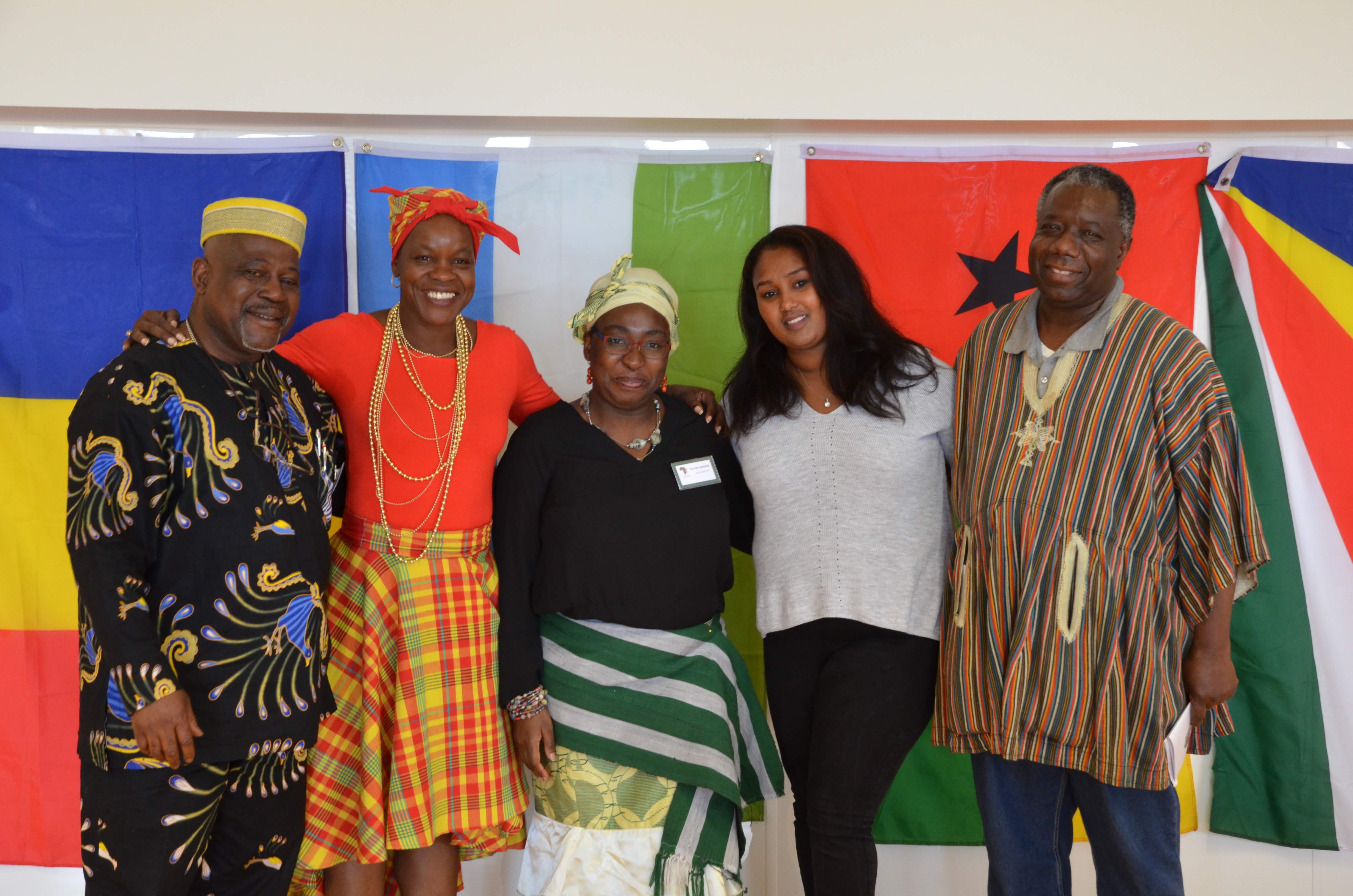
Olusola Owonikoko, a Mandela Washington Fellow and development scholar at the world’s best Institute of Development Studies, UK, who spoke on the place of the Pan-African in international development said Pan-Africanism is about a collective people made up of individuals.
Owonikoko said the results Pan-Africanism will deliver in international development is premised on how much these individuals put into it, he adds that there is no we, without individuals.
“If we don’t take actions individually, we would keep revolving around the same African story,” he said, adding that there is a clear inability to recognise talent in Africa, but when the west recognises African talents, Africa celebrates but complains about brain drain.
Advertisement
“One of the biggest problems of this Pan-African movement is the fact that as individuals, we respond to all of these narratives from a vulnerable point of view. It does two things to us; it puts us in a position to express our narrative submissively… and we give whoever, the Americans, Europeans the authority to sanction what we say, even though it is our own story.
“The other side to it is that we tend to be aggressive, and the problem with being aggressive is that it is like fighting a professional boxer with anger, he is going to beat you the more. The angrier you are, the more vulnerable you are.”
Advertisement
He said that vulnerability and submission from Africans to the rest of the world, aided by years of colonialism, will keep Africa down and away from focusing on forecasting its own future.
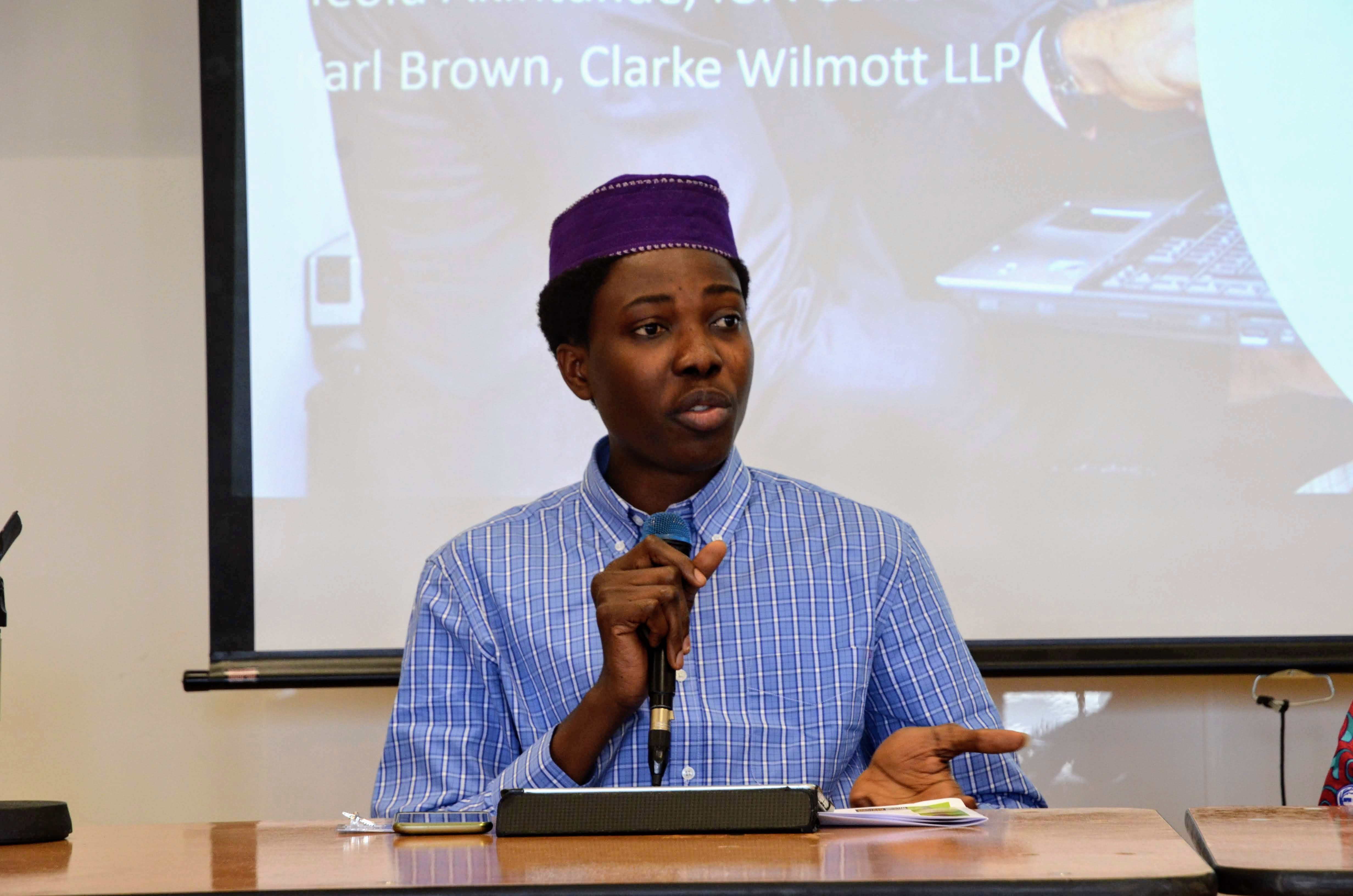
Owonikoko, who is also driving ICT for disability in Nigeria, as team lead of Project Enable, added that Africans must recognise that Africa is the most important continent in the world.
Advertisement
“Africa is the most important continent now; we own a large proportion of the world’s raw materials. The SDGs when they were being commissioned, it was expressly stated that the world cannot achieve the SDGs without minerals, without resources, most of which are in Africa.”
Ifeolu Akintunde, an academic and international consultant for Nigeria Association of the Blind, said a lot of Nigerians and Africans are doing great across the world, but not in Africa. He added that how we think about our countries determine how we work in our countries.
Advertisement
Akintunde made note of how Europeans in Africa are treated as expatriates and Africans in Europe are treated as migrants. He stated that getting a job as a consulting engineer or contractor in Nigeria, you need a foreign partner notwithstanding that you are better than the foreigner.
“We are as clever as the next person, our cleverness is not defined by our skin colour. How do we treat fellow black people, what do we communicate with them, are we communicating that they can do the job or that they can’t?
“Yes, we can. But the most important thing in communication is that it’s only a part of the story, but it is important that I know who I am worth, everyone of us needs to know what we are worth because that’s what determines what we accept and what we reject,” he added.
The event, which was declared open by Cleo Lake, Lord Mayor of Bristol, featured other African and Caribbean scholars, including Eghosa Ekhator from Chichester University; Jose Lingna Nafefe, who designed MA Black Humanities at the University of Bristol; Kofi Mawuli Klu; and Bristol-born Karl Brown.
1 comments

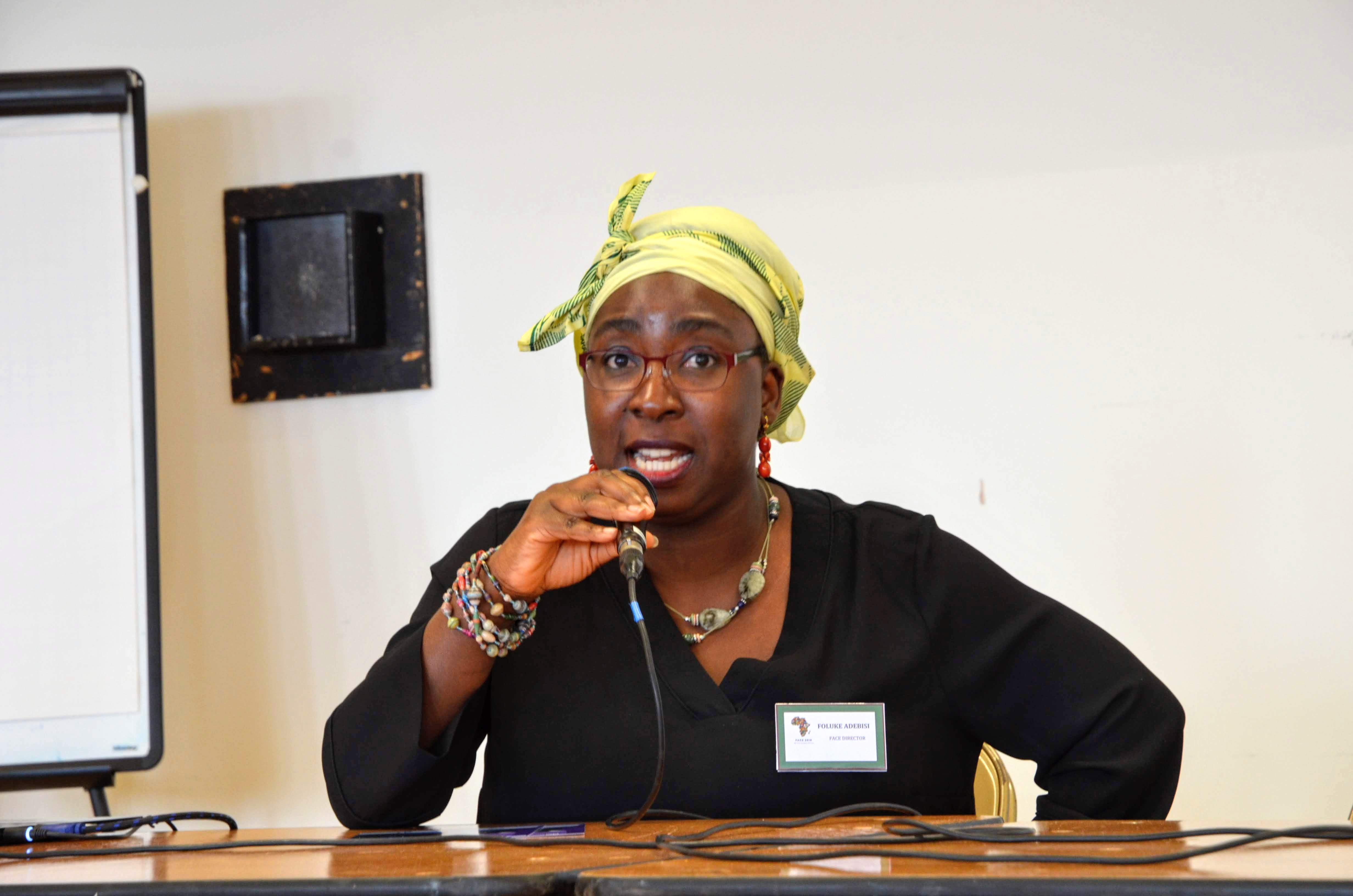

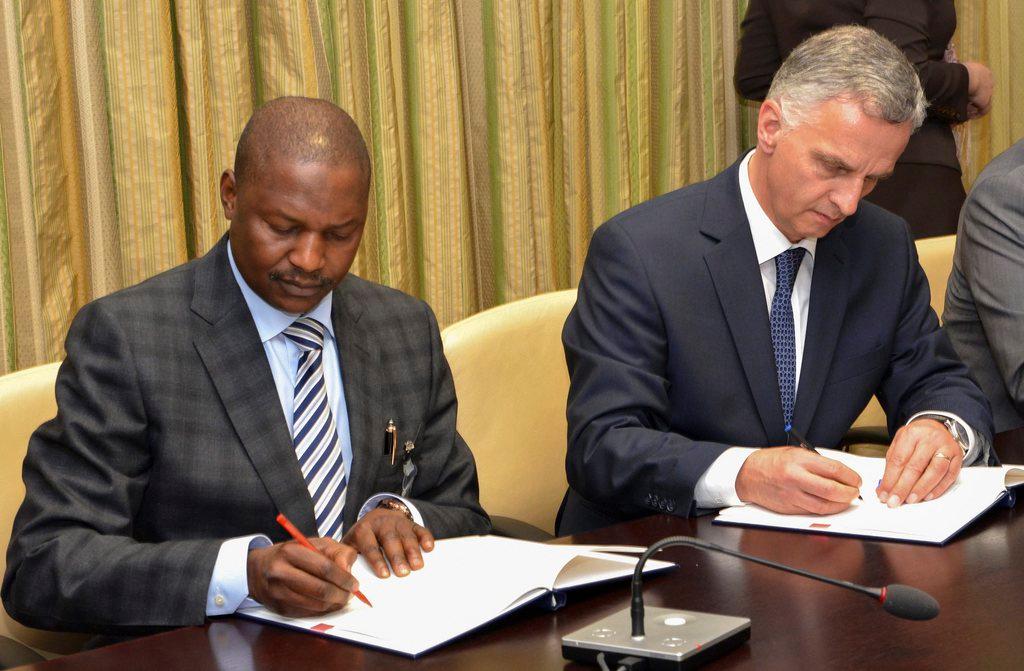
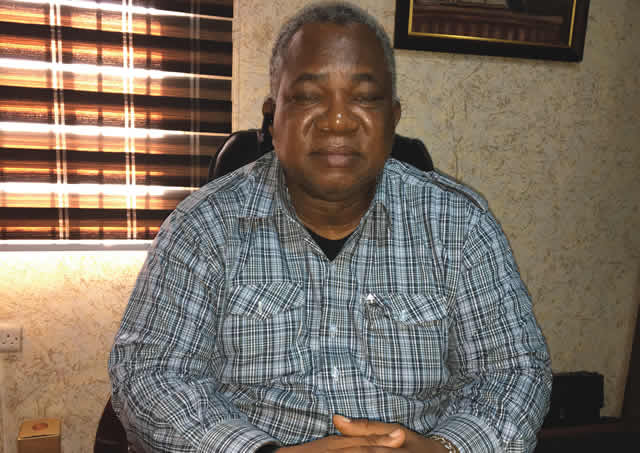
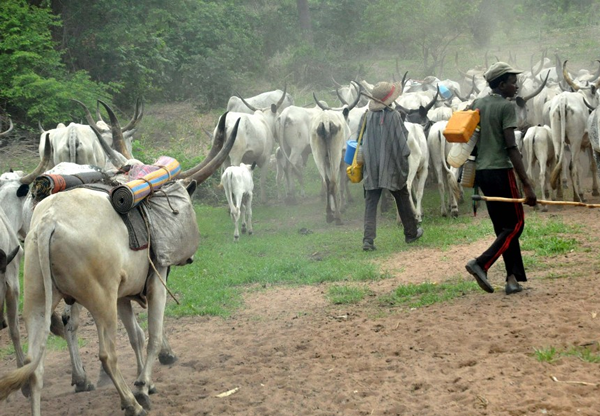
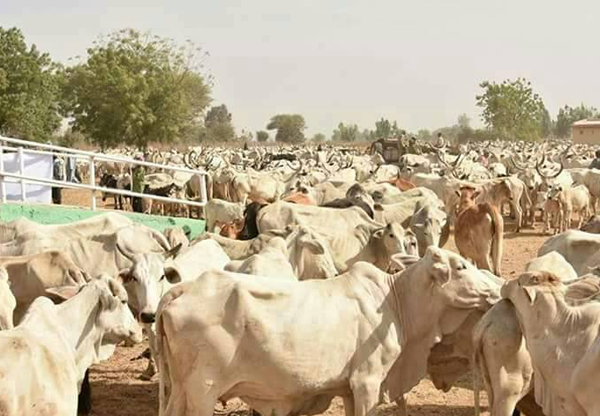

Do these movements abroad get any support from the leadership back home who actually are the direct beneficiaries when a positive change happens?